News
Lassy Chiwayo: South Africa must learn from China’s growth story
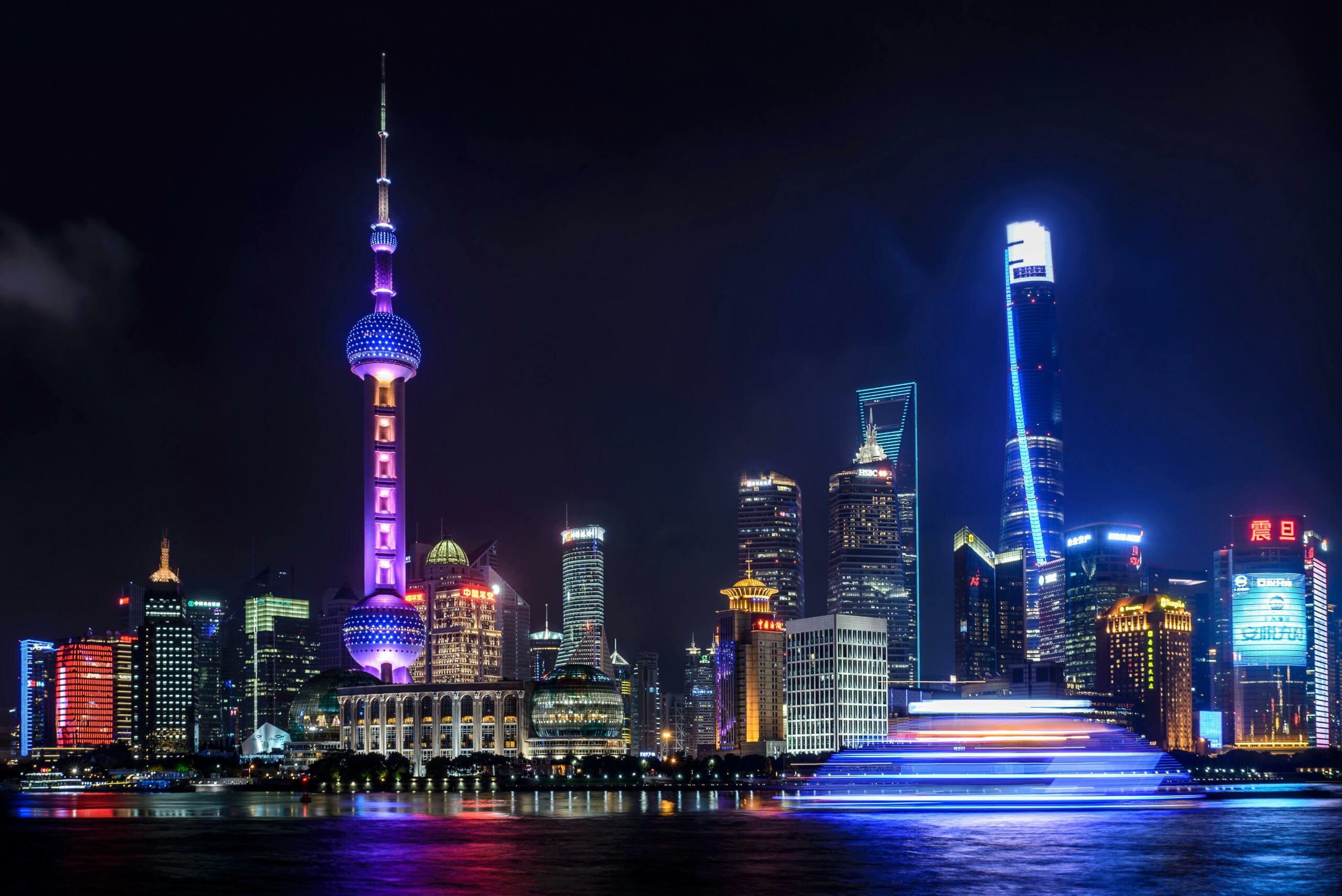
Follow Joburg ETC on Facebook, Twitter , TikTok and Instagram
For more News in Johannesburg, visit joburgetc.com
Published
3 months agoon

South Africa’s economy, once seen as a driver of African progress, has struggled to gain momentum over the past three decades. Former Robben Island prisoner and ex-diplomat Lazarus “Lassy” Chiwayo believes part of the problem is that the country failed to learn from one of its closest global partners China.
Chiwayo, who served as South Africa’s consul-general in Shanghai, spoke at the South Africa International Industrial Export Exhibition in Sandton. He said China’s remarkable rise from a poor agrarian state to the world’s second-largest economy in 30 years offers critical lessons South Africa continues to ignore.
Chiwayo said South Africa’s relationship with China, dating back to 1996, should have been more than trade and investment. It should have been about learning how China built strong institutions, developed its industries, and fostered a long-term national vision.
“We should be embarrassed,” he said. “We had a country to learn from, one we already worked with, yet we stood still while they transformed.”
China’s approach, he explained, was guided by socialism with Chinese characteristics policies shaped by its local realities rather than imported models. Its state-owned enterprises became the backbone of its industrial expansion, powering large-scale development.
Chiwayo warned that many African governments are trapped in what he calls the “politics of the stomach” where leaders chase personal or political gain instead of national progress.
He compared this to a mouse drawn to cheese, saying the hunger for wealth and status often blinds leaders to the bigger picture. “Asian leaders had vision,” Chiwayo said. “They knew where they wanted their countries to be in 50 or 100 years. Their vision never changed, even when leadership did.”
In contrast, he argued, African administrations often replace skilled officials with loyalists, weakening institutions and wasting resources that could drive long-term growth.
The event also highlighted several industrial partnerships between South Africa and China.
A $35 million solar panel assembly plant is being built in Nkangala, Mpumalanga, and is expected to be operational by late next year.
Entrepreneurs discussed importing laser-cutting and welding technology from China to train small local businesses and improve productivity.
Local community projects are exploring the use of computer numerical control (CNC) machines to modernise small manufacturing operations.
Business leaders like Thokozani Mandlazi of Bhala Industries said the focus should be on local assembly and job creation, not merely importing finished Chinese products.
Chiwayo’s message goes beyond economic data. It is a call for South Africa to reflect on leadership values, planning discipline, and cooperation between the public and private sectors.
He said blaming “white monopoly capital” or external forces achieves nothing if the country fails to set a shared vision. Instead, collaboration with local business leaders regardless of race is key to sustainable growth.
Public reaction to his remarks has been mixed online. Some praised his honesty about leadership accountability, while others argued that China’s model is not compatible with South Africa’s democratic and social context.
Still, his point stands: vision matters.
China planned for a century. South Africa, he warns, still plans for the next election.
Follow Joburg ETC on Facebook, Twitter , TikTok and Instagram
For more News in Johannesburg, visit joburgetc.com
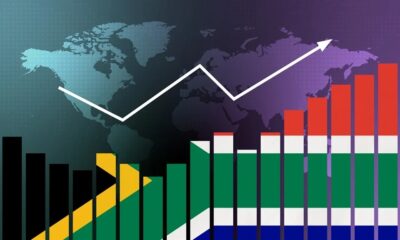

South Africa’s economy posts its longest growth streak since 2018
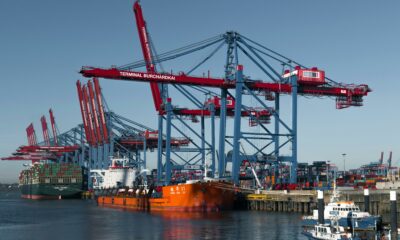

“Within a Year”: S&P Signals Possible Ratings Upgrade for South Africa on Reform Momentum


The R20bn Vote of Confidence: Inside SA’s Overhauled Transformation Fund
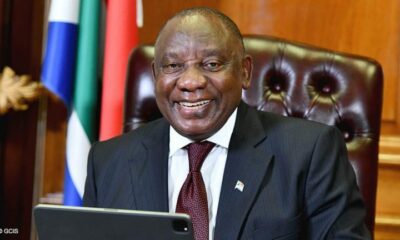

Ramaphosa says South Africa is recovering, but warns there’s no room for complacency
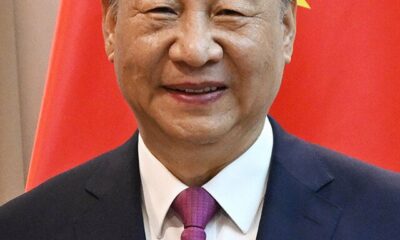

Inside China’s cautious approach to post-Assad Syria
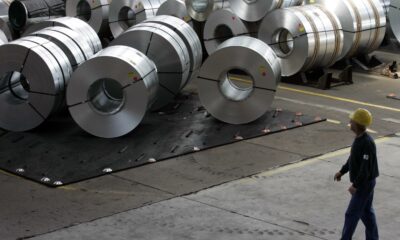

Is saving Amsa worth the cost? South Africa’s steel dilemma deepens















